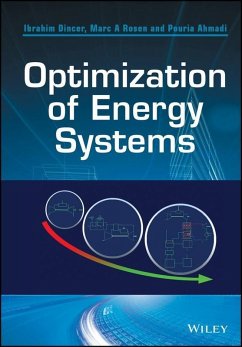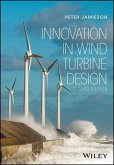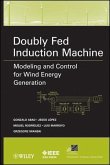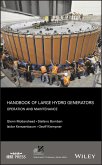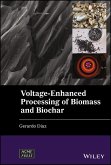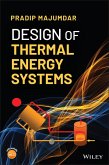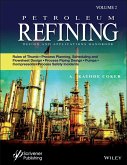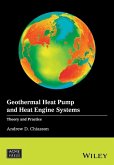An essential resource for optimizing energy systems to enhance design capability, performance and sustainability Optimization of Energy Systems comprehensively describes the thermodynamic modelling, analysis and optimization of numerous types of energy systems in various applications. It provides a new understanding of the system and the process of defining proper objective functions for determination of the most suitable design parameters for achieving enhanced efficiency, cost effectiveness and sustainability. Beginning with a general summary of thermodynamics, optimization techniques and optimization methods for thermal components, the book goes on to describe how to determine the most appropriate design parameters for more complex energy systems using various optimization methods. The results of each chapter provide potential tools for design, analysis, performance improvement, and greenhouse gas emissions reduction. Key features: * Comprehensive coverage of the modelling, analysis and optimization of many energy systems for a variety of applications. * Examples, practical applications and case studies to put theory into practice. * Study problems at the end of each chapter that foster critical thinking and skill development. * Written in an easy-to-follow style, starting with simple systems and moving to advanced energy systems and their complexities. A unique resource for understanding cutting-edge research in the thermodynamic analysis and optimization of a wide range of energy systems, Optimization of Energy Systems is suitable for graduate and senior undergraduate students, researchers, engineers, practitioners, and scientists in the area of energy systems.
Dieser Download kann aus rechtlichen Gründen nur mit Rechnungsadresse in A, B, BG, CY, CZ, D, DK, EW, E, FIN, F, GR, HR, H, IRL, I, LT, L, LR, M, NL, PL, P, R, S, SLO, SK ausgeliefert werden.

